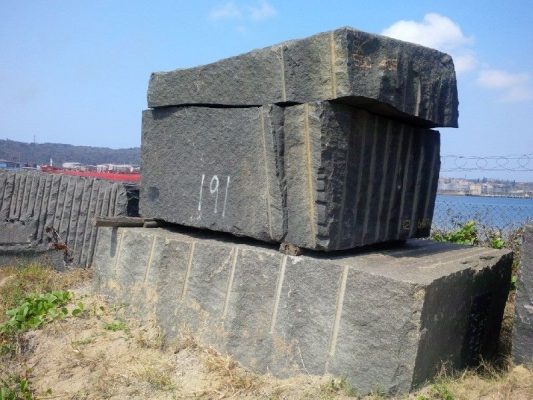Chinese granite miner Heijin, which is being accused of putting up a mining operation in Uzumba that is likely to displace villagers, has claimed that only six villagers will be displaced by its activities.
This comes after the government last month issued a notice to shut down its operations in Kaseke Village in Uzumba after villagers resisted their removal from the 300-hectare piece of land earmarked for the operation.
But the miner yesterday said only six homesteads were directly sitting on the resources to be mined, and that it had already agreed on compensation with villagers.
“The mining project zone area has people occupying it.
They are sitting directly on the black granite rock to be mined. They are six and the company is prepared to compensate them as they are directly affected. We understand that there is a need to relocate them. A good place to relocate them has already been found. The affected will be given the opportunity to have first preference in gaining employment at Heijin provided they are able-bodied,” it said in a statement.
“Moreover, each household will be given US$2 000 as a compensation to start income-generating projects. The mining company will offer assistance with knowledge of desired projects. Heijin pledges to cover full costs required for resettlement and compensation for the affected households in the mining area. Heijin managed to come up with a relocation and compensation plan for the affected,”
It said under the agreement reached with the families, it was set to build five-roomed houses with separate round-thatched kitchens, a double blair toilet with a bathroom, solar power for lighting per household, boundary fence for each homestead and security, drill boreholes for water and provide a good accessible road network.
The company is also set to construct classroom blocks, a clinic, supply medical consumables and provide the community with skills to engage in good agricultural practices as well as maintain the roads in the area.
Heijin, said it was bound by the host country’s laws and regulations such as the Rural District Councils Act, Traditional Leaders Act, Environmental Management Act and the Communal Lands Act.
Last month, Chief Nyajina told Cabinet ministers and Zanu PF officials that around 80 families would be affected by the project.
However, the company refuted the claims, saying it was not given the chance to speak at the meeting. It also claimed that there was an agenda to cause a rift between Kaseke villagers and Heijin.
Newsday

